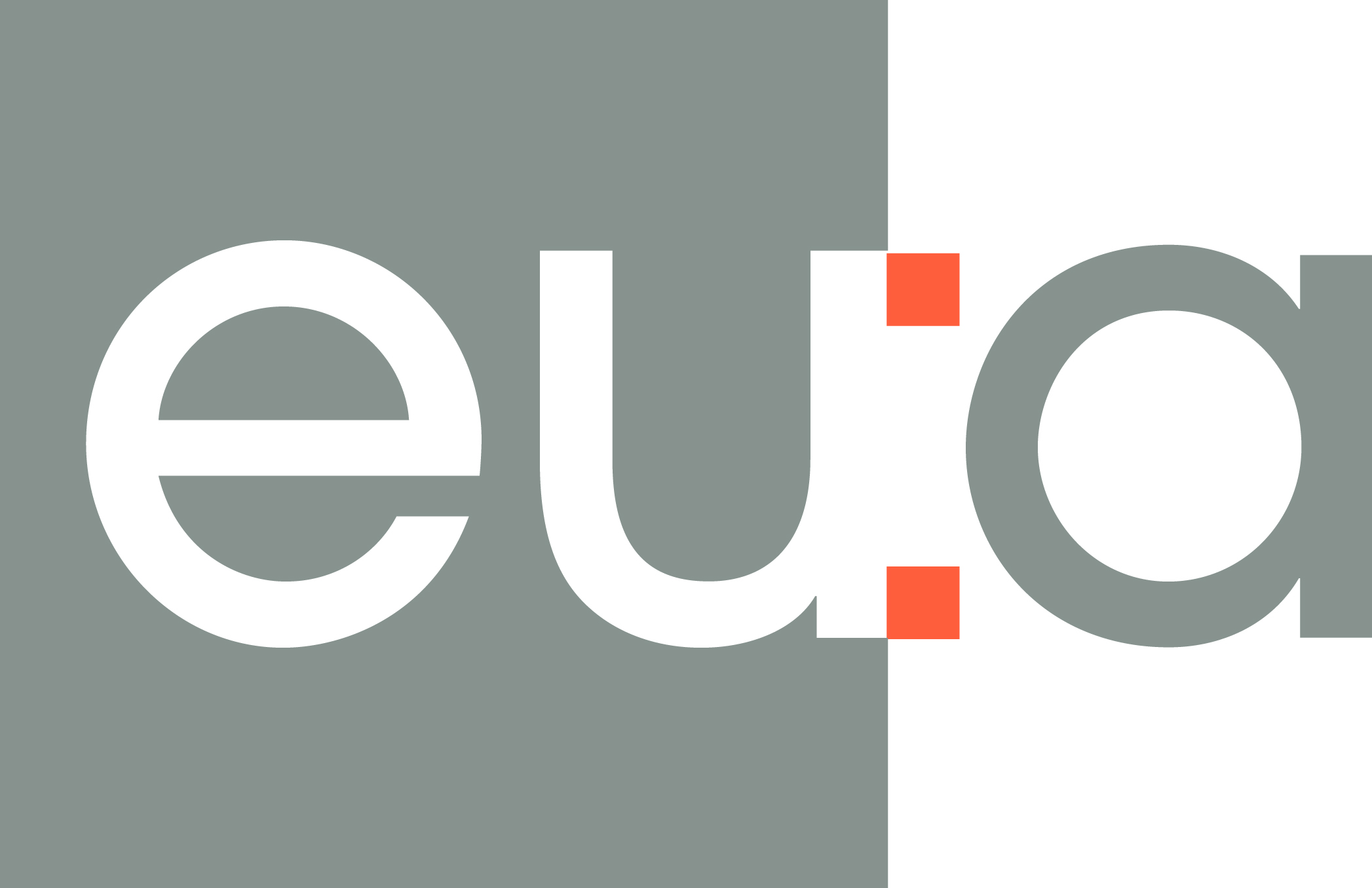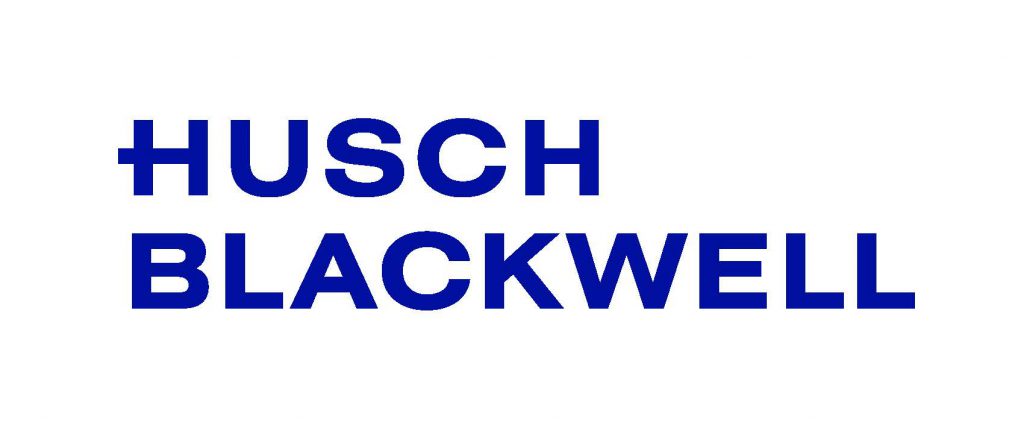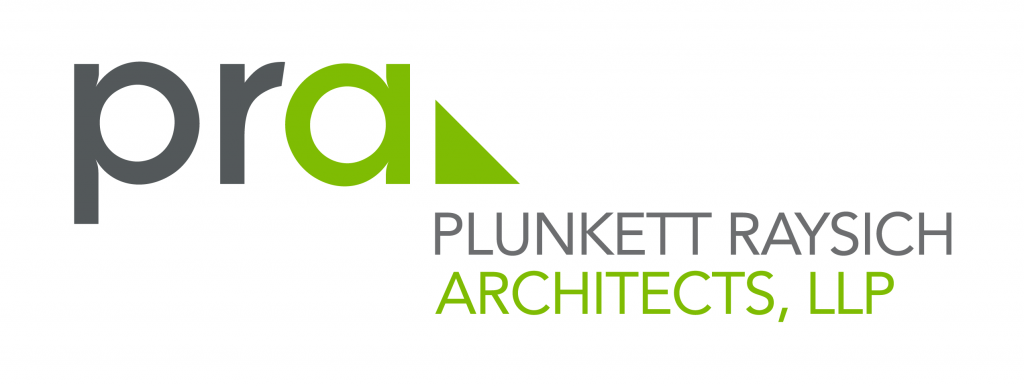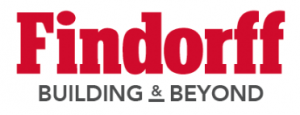As leaders, we are called on to pivot quickly in a crisis—often more rapidly than we are comfortable with—finding new ways to meet goals and encouraging adaptability among team members. Now more than ever, it is the skill of resourcefulness that can provide value to organizations and drive leaders and their teams to a higher level of success.
Resourcefulness in Action
In times of crisis, resourcefulness is even more essential. In November 2019, Great Plains Health experienced a cyberattack that shook the organization at every level. The 116-bed, independent health system was fortunate to have good leadership and expertise in its information systems department, on its medical staff and among the senior leadership team to guide the organization through the incident. Successful handling of this crisis also came from the resourcefulness of its leaders.
The Great Plains Health team showed resourcefulness largely by leaning on the relationships and trust it had previously built with regional and national experts on its EHR, security and software suppliers, insurance carriers, media, physicians, leaders of other health systems who had experienced similar cyberattacks, and a great many others. Without strong relationships and the ability to weave those relationships together in a meaningful and effective way, the health system’s cybersecurity incident could have been catastrophic. Intentional or not, the work that went into critical relationship-building before the crisis even occurred strengthened leaders’ resourcefulness skills and became invaluable in a time of need. Relationships are an essential component of resourcefulness, and leaders are advised to spend time developing them.
Just three short months later, the COVID-19 crisis began to emerge. The healthcare organizations managing this crisis well are those who have strong, resourceful leaders in place. They own their roles and the outcomes that they can directly affect through effective accountability. They plan ahead using good time management practices and develop game plans for varying situations by effectively pulling together stakeholders and facilitating discussion and quick resolution.
In the early days of the COVID-19 surge, the Great Plains Health team quickly realized it would need to rely on a different way to deliver patient care. Telehealth was the answer, but it took a team willing to be open-minded to a new and different way of delivering care to pull it off. It also took a team that had strong, existing relationships with physicians, outreach clinics and hospitals, patients, and telehealth vendors.
Throughout the COVID-19 crisis, it has been resourcefulness that has allowed the health system’s leaders and team members to stay nimble and find workable solutions to many challenges. When the organization was short on masks, it figured out how to set up a reprocessing center. When it struggled to secure face shield shipments, it collaborated with local schools and libraries to use 3D printers to make its own. When hand sanitizer ran low, the health system worked with local liquor distilleries to find an alternative.
Fine-Tuning Resourcefulness
Leaders at every level can also enhance their resourcefulness skills by taking on projects or assignments that require them to stretch outside their comfort zones, working specifically in the areas of relationship-building and problem-solving. Leaders can also strengthen their resourcefulness by scanning industries outside healthcare for creative solutions and new ideas. Surrounding oneself with intelligent people at all levels and from many different disciplines to create contacts who can be called upon in crisis can help a leader become more resourceful. Finally, senior leaders can identify resourcefulness in emerging leaders and help them grow this skill so it can be naturally drawn upon during a crisis.
What Does Resourcefulness Look Like?
Resourcefulness in leaders emerges when they do the following eight things:
- Help their organizations look beyond how they’ve always done things and become focused on doing things differently in the interest of doing better.
- Are unapologetic for needing help finding solutions to challenges. The best ideas often emerge when multiple disciplines and varying levels of leadership come together.
- Are willing to get in the weeds and learn how things work. When leaders can truly understand problematic processes, they are better able to find more effective solutions. Leadership in healthcare does not come from sitting behind a desk; it requires walking around and finding out how and why the work on the front line is done.
- Dare to ask questions instead of settling for “oh, they’ll never go for that.” Supporting research and good presentation go a long way in persuasion.
- Are open-minded to new possibilities and understand that not every problem is solved by adding full-time employees. Resourcefulness is about optimizing the organization’s existing resources and working with them in more effective ways.
- Relentlessly build a network of professionals whom they genuinely care about, learn from and trust. Through this network, they can develop an inner circle of problem-solvers in varied professions, organizations and industries that they can call upon for counsel.
- Practice good time management and get things done. They rise above the state of busyness and fiercely protect designated time to think through challenges facing the organization.
- Humble themselves and remain steadfastly focused on organizational improvement, not on their egos and turf.
When healthcare executives cultivate the skill of resourcefulness, they become better leaders and ultimately create better outcomes, especially in a crisis. When healthcare leaders get better at being resourceful, the field as a whole improves.
–Adapted from “Resourcefulness: A Key Leadership Skill,” Healthcare Executive, Fiona Libsack, FACHE, chief development officer, Great Plains Health, North Platte, Neb.






